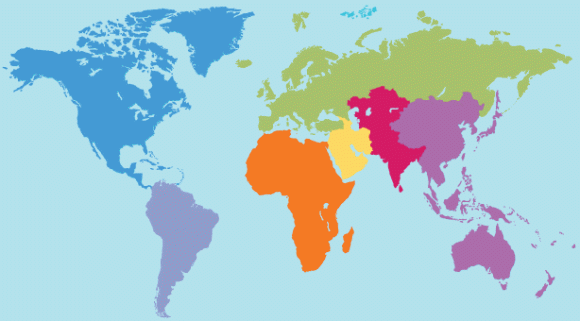Last night I attended a UNICEF screening of “Not My Life;” a documentary sharing the stories of boys and girls around the world who are victims of the 2nd most profitable criminal industry in the world – human trafficking. Human trafficking is modern-day slavery, subjecting and coercing men, women and children into commercial sexual exploitation or forced labor. Click here for the trailer of “Not My Life.”

It is estimated that 27 million people are enslaved today, half of which are children. Victims are often forced into prostitution, pornography, sex tourism, forced marriage, sweatshop work, begging, armed service and migrant farming. Traffickers, who can literally be anyone, can prey on a wide-range of victims; no gender, age, race or economic class is safe. Modern-day slavery it is occurring all over the globe, even in the US and yes, even under our noses in Boston.
“Not My Life” showed boys forced to fish all day in dirty African waters, child soldiers in Sudan, child prostitutes in Cambodia and abusive pimps in India. It would be remiss to assume that this behavior only occurs in faraway countries. For example, the film showed a bright, young American girl forced into prostitution and a young African girl forced into slave labor in Washington D.C. UNICEF says that “human trafficking has been reported in all 50 states in the US,” and anyone of any race, education or socioeconomic standing is at risk.

The women of the panel, Susan Bissell of UNICEF and Lina Nealon of Demand Abolition, stressed that the most important way to end human trafficking in our lifetime is through prevention (as opposed to rehabilitation). We need to have better laws/policies, promote anti-slavery societal norms, fight debt-poverty and violence within the family. Ms. Bissel and Ms. Nealon stated Massachusetts has the most comprehensive anti-trafficking laws; however, these laws are clearly not enough.

So, you may be asking, what can one do to help stop human trafficking? Here are some ideas. First, put the National Human Trafficking Hotline number in your phone and use it if you see something suspicious! The number is 1-888-373-7888.
In addition, think about supporting a group (such as the ones below) who fight human trafficking or find some other that speaks to you! Tweet us @UNAGB for any suggestions you may have about how you can help prevent and stop human trafficking!